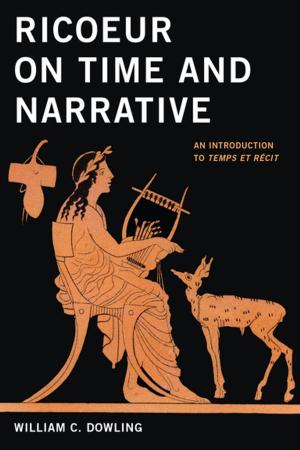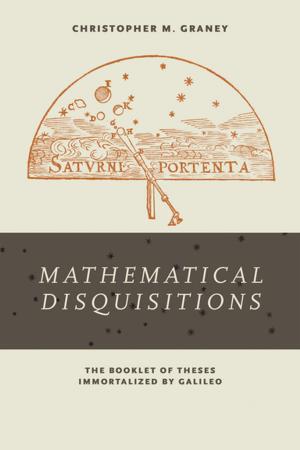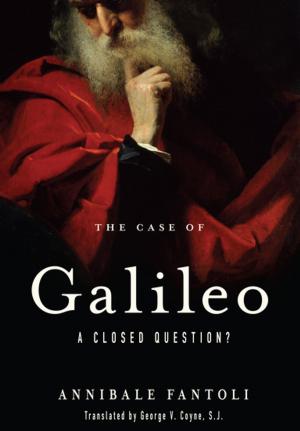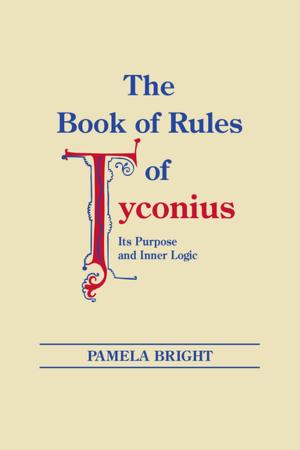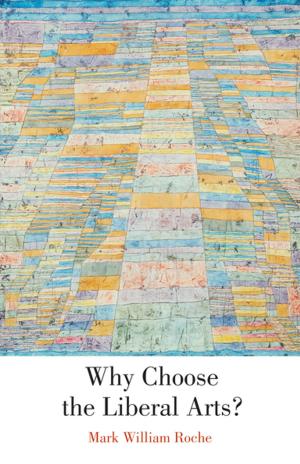The Quest of the Absolute
Birth and Decline of European Romanticism
Fiction & Literature, Literary Theory & Criticism, Gothic & Romantic, Nonfiction, Religion & Spirituality, Philosophy, Modern| Author: | Louis Dupré | ISBN: | 9780268077815 |
| Publisher: | University of Notre Dame Press | Publication: | September 30, 2013 |
| Imprint: | University of Notre Dame Press | Language: | English |
| Author: | Louis Dupré |
| ISBN: | 9780268077815 |
| Publisher: | University of Notre Dame Press |
| Publication: | September 30, 2013 |
| Imprint: | University of Notre Dame Press |
| Language: | English |
This eagerly awaited study brings to completion Louis Dupré's planned trilogy on European culture during the modern epoch. Demonstrating remarkable erudition and sweeping breadth, The Quest of the Absolute analyzes Romanticism as a unique cultural phenomenon and a spiritual revolution. Dupré philosophically reflects on its attempts to recapture the past and transform the present in a movement that is partly a return to premodern culture and partly a violent protest against it. Following an introduction on the historical origins of the Romantic Movement, Dupré examines the principal Romantic poets of England (Wordsworth, Coleridge, Shelley, Keats), Germany (Goethe, Schiller, Novalis, Hölderlin), and France (Lamartine, de Vigny, Hugo), all of whom, from different perspectives, pursued an absolute ideal. In the chapters of the second part, he concentrates on the critical principles of Romantic aesthetics, the Romantic image of the person as reflected in the novel, and Romantic ethical and political theories. In the chapters of the third, more speculative, part, he investigates the comprehensive syntheses of romantic thought in history, philosophy, and theology.
This eagerly awaited study brings to completion Louis Dupré's planned trilogy on European culture during the modern epoch. Demonstrating remarkable erudition and sweeping breadth, The Quest of the Absolute analyzes Romanticism as a unique cultural phenomenon and a spiritual revolution. Dupré philosophically reflects on its attempts to recapture the past and transform the present in a movement that is partly a return to premodern culture and partly a violent protest against it. Following an introduction on the historical origins of the Romantic Movement, Dupré examines the principal Romantic poets of England (Wordsworth, Coleridge, Shelley, Keats), Germany (Goethe, Schiller, Novalis, Hölderlin), and France (Lamartine, de Vigny, Hugo), all of whom, from different perspectives, pursued an absolute ideal. In the chapters of the second part, he concentrates on the critical principles of Romantic aesthetics, the Romantic image of the person as reflected in the novel, and Romantic ethical and political theories. In the chapters of the third, more speculative, part, he investigates the comprehensive syntheses of romantic thought in history, philosophy, and theology.


